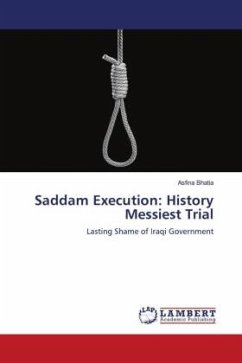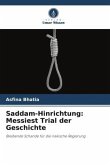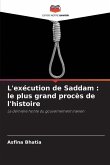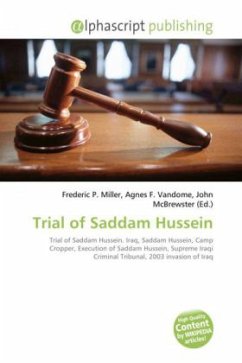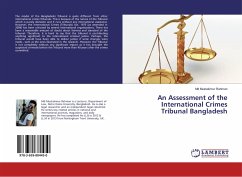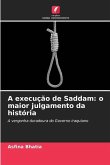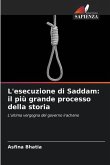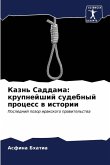The book critically examines the Dujail trial, assessing its worthiness and its impact on justice and individual accountability. It delves into flaws in the trial process, political interference, breaches, and evidentiary gaps. Drawing parallels with historical trials, such as the Chicago Seven and the disorder in The Hague during Milosevic's trial, the author emphasizes the necessity for standby counsel to manage disruptive behavior. Lessons learned from the Iraq High Tribunal underscore the importance of a fair and effective legal framework, skilled professionals, infrastructure, and a culture of respect for justice. The chapter also explores the evolution of independent investigations post-World War II, underscoring their significance in the human rights field.
Bitte wählen Sie Ihr Anliegen aus.
Rechnungen
Retourenschein anfordern
Bestellstatus
Storno

